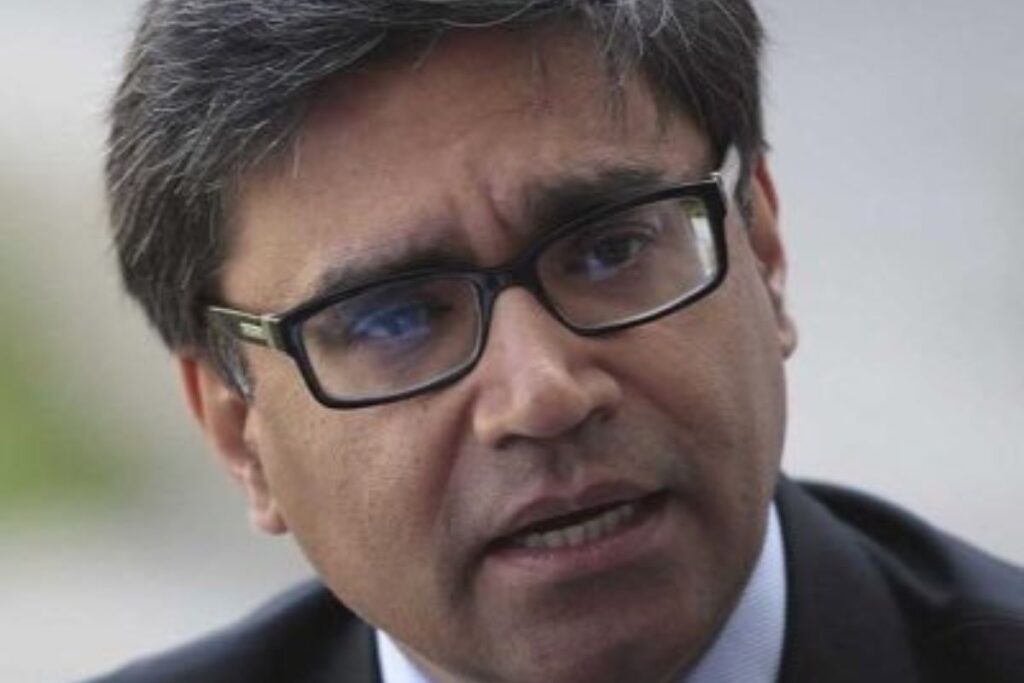Indian foreign secretary Vikram Misri’s Dhaka visit came at a critical moment in the history of India-Bangladesh relationship. The imprisonment of a Hindu monk and reported persecution of minorities, triggering a downward spiral in an otherwise healthy association between the two neighbours, has set alarm bells ringing in India. Though tension has been intensifying, Md Touhid Hossain, adviser for foreign affairs to Bangladesh’s interim government, remains upbeat about overcoming the impasse in the relationship. “Establishing mutual communication and meeting each other is very important to overcome any such stalemate,” Hossain had asserted during a SAARC seminar in Dhaka.
When Hasina, Bangladesh’s longest-serving premier and daughter of the country’s founding father, Sheikh Mujibur Rahman, was airlifted out of Dhaka for a safe asylum in India on 5 August, the world was left awestruck. While Bangladesh is used to witnessing political upheaval since its foundation days, who could have ever imagined that the same lady, known to be a champion of democracy, egalitarianism and justice, and who breathed life into the country’s once fragile economy, would suddenly become the youths’ greatest adversary? “This turmoil is unlikely to be for the last time,” Colonel Pradeep Saxena, a decorated Indian veteran of the 1971 war who was physically present in Dhaka during the 16 December surrender ceremony, had declared prophetically while discussing Bangladesh’s likely plunge into religious extremism. “That it has happened after a decade and a half of peace and political stability during which Bangladesh became an emerging producer of garments is worrisome,” lamented the retired Army Colonel.
Advertisement
Sheikh Hasina’s flight to India caused a serious trust deficit between the two friendly neighbors. After protests broke out over the quota system for government jobs, Hasina decided to crush dissent with iron fists. Overnight, she lost her standing and popularity in the public eye. People started reviling her for using the same strong-arm tactics on protesting students that she applied to crack down on extremist elements. Many Bangladeshis see the youths’ protests that overturned a government as a revolution. Ambassador Iftekhar Ahmed Chowdhury, former caretaker government foreign affairs advisor, fears that the dust will take some time to settle. But there is a positive aspect to this enormous public upheaval. It gives the nation an opportunity for introspection. In a freewheeling conversation on Bangladesh’s future, Ambassador Chowdhury expressed his optimism about his country making essential structural and systemic changes to nourish its democracy.
There are several factors that remain key to the future trajectory of India-Bangladesh bilateral relations. Head of Dhaka’s interim government, Professor Yunus has gone on record as saying he sees many opportunities to heal rifts with India. But what will be the interim government’s policy toward India amid public outrage over Hasina’s asylum and the gradual proliferation of anti-minority sentiment? In his 16 August telephonic conversation with Indian Prime Minister Narendra Modi, Professor Yunus had assured safety and security for all minority groups in Bangladesh.
Notwithstanding a tumultuous past, post-independence Bangladesh was built on values of inclusion and tolerance. Though Hasina’s domestic political stature is decimated, as she momentarily floundered in upholding democratic values, one must not forget that a flourishing democracy is a bouquet of ideologies where Hasina’s Awami League too has a constructive role to play in strengthening the opposition space. A vibrant political system will help prevent repeated military intervention and enable the Bangladesh Army to function from the shadows till the situation normalises completely. Meanwhile, India needs to remain alert, especially in the context of the realignment of her security forces in the Northeastern theatre’s counter-insurgency grid, bordering Bangladesh.
The writer is a Kolkata-based journalist and columnist

